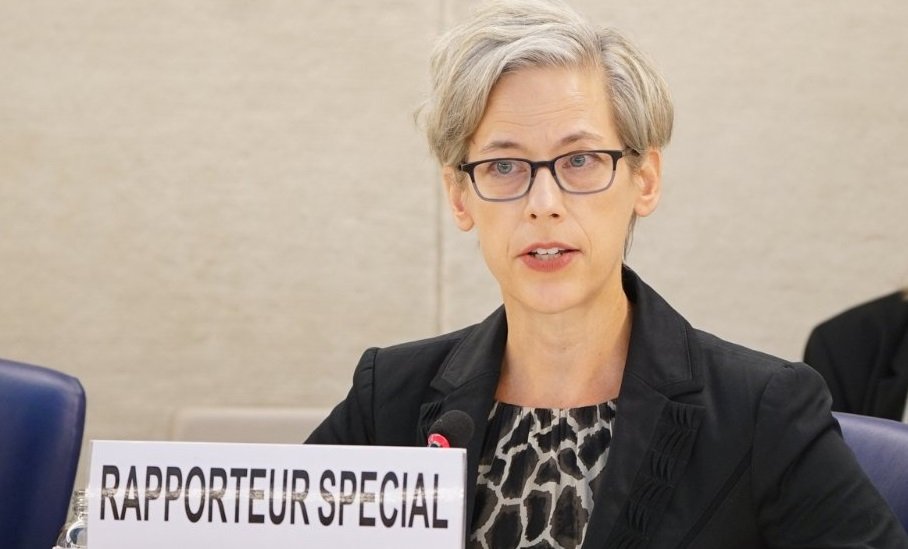
Kiribati is rated ‘open’ by the CIVICUS Monitor. Kiribati is a multiparty democracy that holds regular elections. There are no significant restrictions on media. Freedom of assembly is constitutionally protected and generally upheld in practice and there is freedom for NGOs, particularly those that are engaged in human rights and governance-related work. However, there have been concerns about judicial independence and that the government has yet to decriminalise defamation or establish a national human rights institution.
In November 2023, the UN Committee Against Torture (CAT) reviewed Kiribati’s record during its 78th Session. While taking note of the information provided by government regarding the mandate and functions of the Kiribati National Human Rights Task Force and resource constraints, in its Concluding Observations the Committee recommended that Kiribati consider establishing an independent national human rights institution, in accordance with the Paris Principles, with a mandate that includes the promotion and protection of the rights enshrined in the Convention.
Association
UN experts seeks answers on judicial crisis
The ongoing crisis in the Kiribati judiciary has persisted, leaving the country without a Court of Appeal and only limited High Court activity and with a backlog in cases going back years.
As previously documented, in May 2022, the President of Kiribati suspended Australian Judge Lambourne from the High Court and appointed a tribunal to investigate unspecified allegations of misconduct against the senior judge. In June 2022, when Lambourne’s appeal against his suspension came up in court, the government suspended the Chief Justice William Hastings who was to hear the case. He resigned in late 2022.
In August 2022, officials attempted to deport Lambourne for visa violations, without success. He is married to Tessie Lambourne, the leader of the opposition party. He is believed to have been targeted because the government was trying to force his wife out of politics. In September 2022, the government suspended the country’s three remaining High Court judges, an apparent retribution for their rejecting the government's bid to deport Judge Lambourne. Those suspended were four New Zealand judges and one Australian.
In December 2023, the UN Special Rapporteur on the independence of judges and lawyers, Margaret Satterthwaite published her letter sent to the Kiribati government in September and reprimanded the Kiribati Government for its treatment of judges and the country's judicial crisis.
The UN rapporteur sought an explanation of how the treatment of Hastings and the three Court of Appeal judges is compatible with human rights standards and the independence of the judiciary. She also sought the latest on the case involving Judge Lambourne and wanted to know how a tribunal set up to investigate the Court of Appeal judges is in line with their right to a fair and impartial trial.
The UN rapporteur also wanted the government to indicate what steps it is taking to ensure the independence of the Kiribati judiciary, the access to justice and the right to a fair trial in the country.
New documentary raises questions on unsolved death of fisheries observer
Documentary challenges claims concerning fisheries observer's deathhttps://t.co/8rr0EeU5fk pic.twitter.com/pGQariD4JL
— Hook & Net (@fnifeatures) January 18, 2024
In January 2024, a new documentary "Death at Sea" was released about Eritara Aati Kaierua, a Kiribati who died aboard a Taiwanese-flagged fishing vessel.
As previously documented, Eritara was employed through a regional observer programme of the Western and Central Pacific Fisheries Commission (WCPFC), a Regional Fisheries Management Organisation (RFMO). His last journey saw him leave Pohnpei, in the Federated States of Micronesia, on board a Taiwanese purse seiner, the Win Far 636, as it set out to ply the Pacific for tuna. A few weeks into the voyage, in March 2020, the father of four was dead on the floor of his cabin with a massive blunt trauma to the head, his log book open beside him.
To date, the criminal investigation undertaken in Kiribati has still not provided acceptable answers, and the state authorities have failed to disclose full details in the public domain.
The documentary raises crucial questions about accountability, justice and human rights in the maritime industry. Undeterred by the official pronouncements, Human Rights at Sea (HRAS) embarked on a meticulous 12-month independent investigation, dissecting the case from the family's perspective. The in-depth review exposes 26 critical questions that remain unanswered, highlighting glaring deficiencies in the official investigation and demanding justice for Eritara.